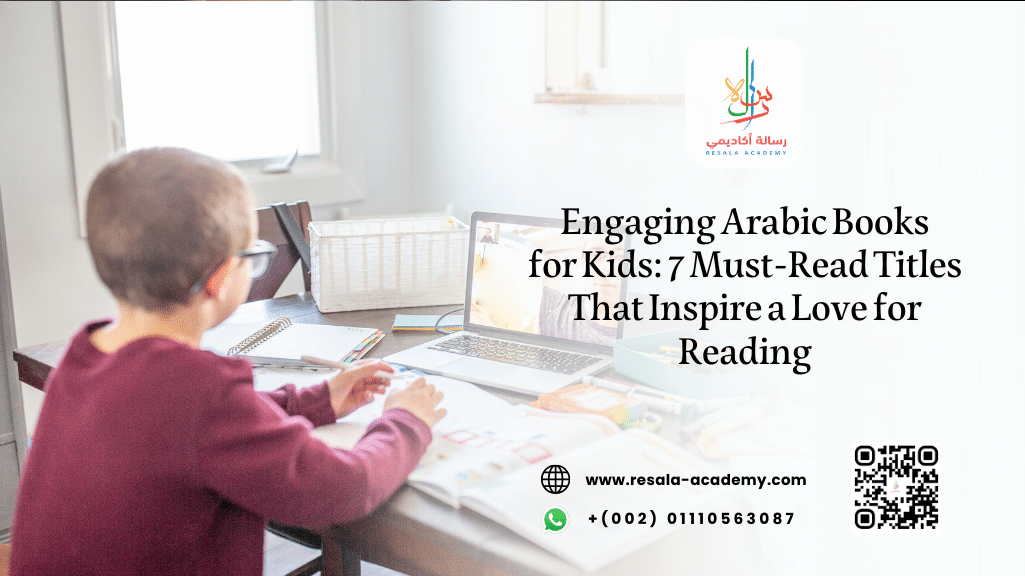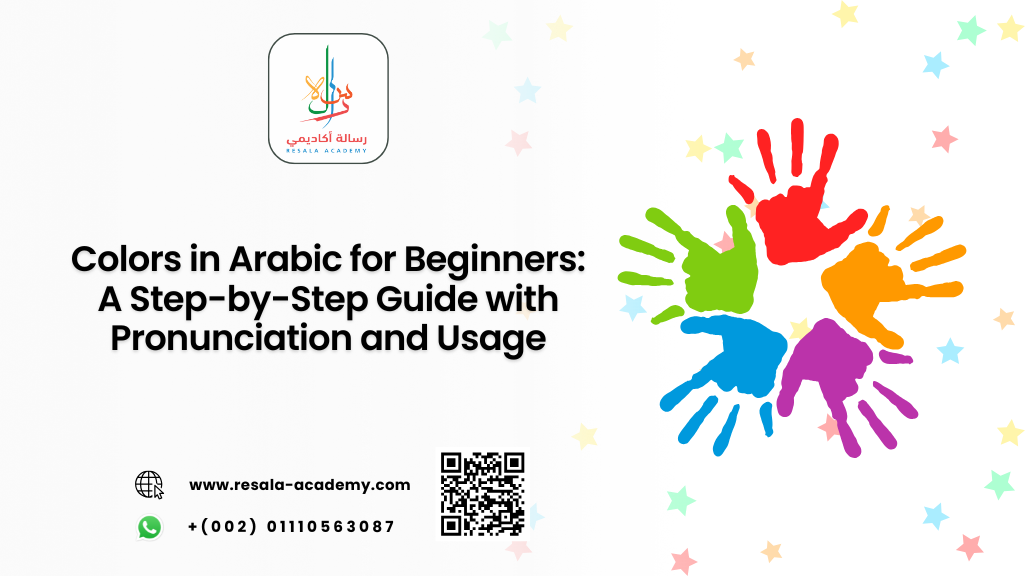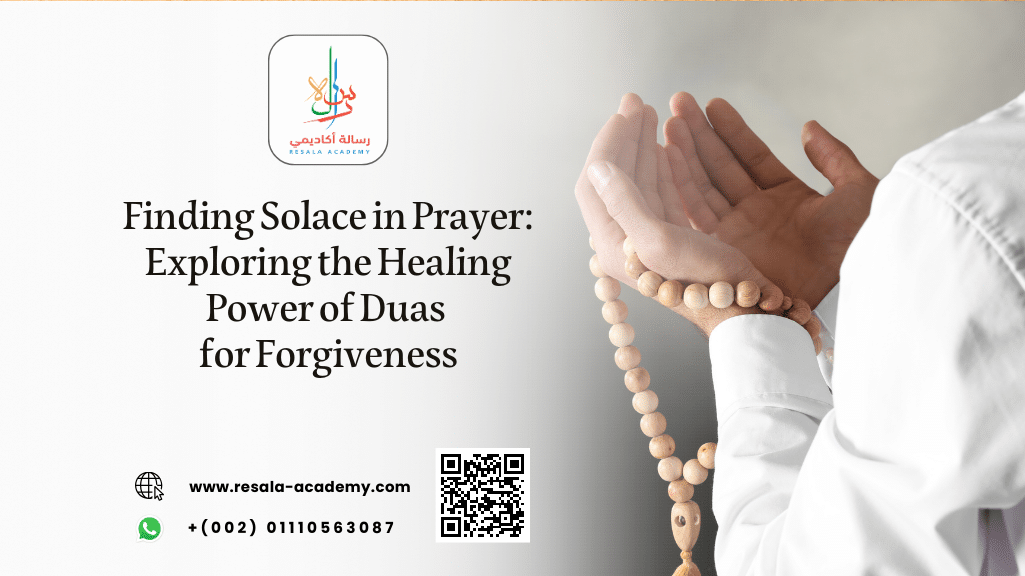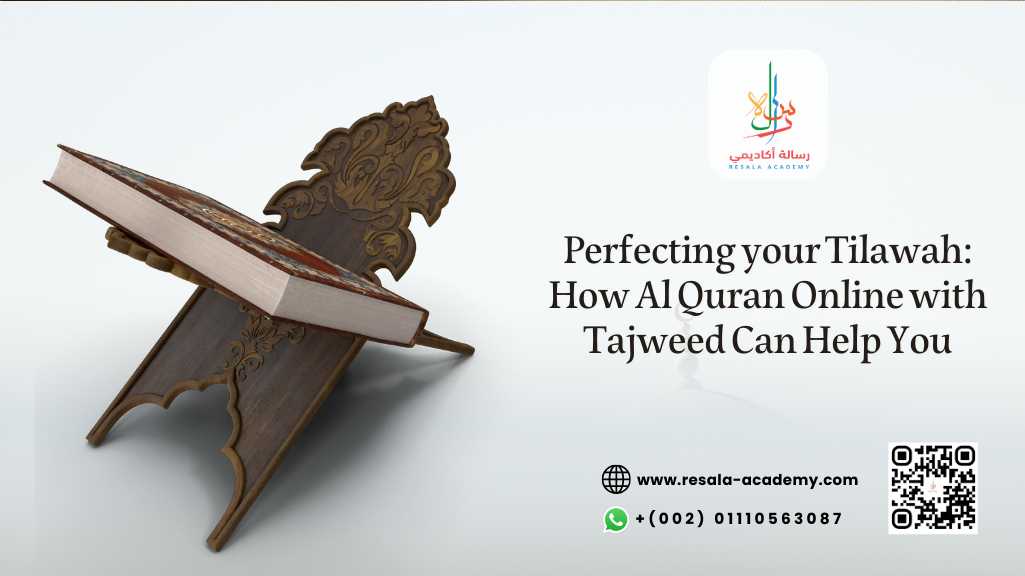Engaging Arabic Books for Kids: 7 Must-Read Titles That Inspire a Love for Reading
Are you looking for engaging Arabic books to inspire a love for reading in your kids? Look no further! In this blog post, we will explore the importance of Arabic books for kids and provide you with a list of must-read titles that are sure to captivate young readers. Additionally, we will share tips on how to choose the right books for your children and offer creative ways to make reading fun and interactive. Plus, if you’re interested in online Arabic classes for kids, we’ve got you covered there too! Let’s dive in and discover the wonderful world of Arabic literature together.
Why Arabic Books Are Important for Kids
Why are Arabic books important for kids? Well, there are several reasons why introducing your child to Arabic literature can have a profound impact on their development.
Reading Arabic books helps children connect with their cultural heritage. It allows them to explore the rich history and traditions of the Arab world through captivating stories and characters. By immersing themselves in these narratives, they gain a deeper understanding and appreciation for their roots.
Moreover, reading Arabic books enhances language skills. It exposes children to new vocabulary, sentence structures, and Arabic grammatical patterns specific to the language. This exposure not only expands their linguistic abilities but also improves their overall communication skills.
Additionally, Arabic books promote cognitive development by stimulating imagination and critical thinking. Through engaging plots and intriguing characters, children learn how to analyze situations, solve problems creatively, and make connections between different ideas.
Furthermore, reading Arabic books fosters empathy and emotional intelligence in young readers. As they encounter diverse perspectives within the stories’ narratives, they develop a greater sense of compassion towards others while gaining insights into different cultures and experiences.
Finally, although not comprehensive, introducing children to Arab literature at a young age instills a lifelong love for reading. When kids connect with relatable characters or thrilling adventures in these books early on, it piques their interest in other literary worlds beyond their initial readings. This kindles a lasting passion for literature that will stay with them into adulthood.
How to Choose the Right Arabic Books for Kids
When it comes to choosing the right Arabic books for kids, there are a few factors to consider. First and foremost, you want to find books that are age-appropriate and suited to your child’s reading level. Look for books with simple language and colorful illustrations that will capture their attention.
Another important aspect is finding books that align with your child’s interests and hobbies. Whether they love animals, adventure stories, or fairy tales, there is a wide range of genres available in Arabic literature for children.
Consider the cultural relevance of the book as well. Opting for stories that celebrate Arab traditions, history, and values can help your child connect with their heritage while enjoying a good read.
Don’t forget about diversity in representation either! Seek out books that feature diverse characters from different backgrounds and experiences. This promotes inclusivity and helps children develop empathy towards others.
Take advantage of recommendations from trusted sources such as teachers or librarians who are knowledgeable about quality Arabic children’s literature.
By keeping these tips in mind when selecting Arabic books for kids, you can ensure an enjoyable reading experience that fosters a love for learning in young minds!
7 Must-Read Arabic Books for Kids
The engaging Arabic books captivate young minds with their diverse characters, relatable stories, and vibrant illustrations – fostering a love for reading while celebrating cultural diversity!
1. “El No’ta El Sawdaa’ (The Black Spot)” by Walid Taher: This book is a beautifully illustrated story about a little girl who wakes up one day with a black spot on her face and goes on an adventure to find out what it is and how to get rid of it. It teaches children about self-acceptance and embracing their uniqueness.
2. “Beit Lel A’rnab El Sagheer (House for the Little Rabbit)” by Taghreed An-Najjar: This heartwarming story follows a little rabbit who is looking for a safe and cozy home. Along the way, the rabbit encounters different animals and learns about the importance of friendship and belonging.
3. “أريد ان آكل القمر” (I Want to Eat the Moon) by Nabiha Mheidly: This imaginative book tells the story of a little boy who dreams of eating the moon. Through colorful illustrations and poetic language, it encourages children to think big and dream without limits.
4. “ماذا في بطن ماما؟” (What’s in Mama’s Belly?) by Samar Mahfouz Barraj: This educational book explores the concept of pregnancy and childbirth in a child-friendly way. It helps children understand the changes that happen to their mother’s body and prepares them for the arrival of a new sibling.
5. “ما هو لون الحب؟” (What Color is Love?) by Rania Zaghir: In this heartwarming story, a little girl goes on a quest to discover the color of love. Through encounters with different people and experiences, she learns that love has no specific color and can be found in various forms.
6. “ملفوفة جدتي” (My Grandmother’s Cabbage) by Rania Hussein Amin: This charming book tells the story of a little girl and her special relationship with her grandmother. It highlights the importance of family bonds, traditions, and the passing down of stories from one generation to the next.
7. “It is So Yummy لذيذ جدا” by Hoda Hadidi: This delightful book introduces children to the world of cooking and healthy eating. Through colorful illustrations and fun recipes, it encourages children to explore different foods, try new flavors, and develop a love for healthy eating habits.
These seven must-read Arabic books for kids offer a range of themes and messages that will entertain, educate, and inspire young readers.
Whether it’s teaching them about self-acceptance, friendship, dreams, family, or healthy eating, these books provide valuable lessons while engaging children with their captivating stories and beautiful illustrations.
Ways to make reading fun and interactive for kids
1. Create a cozy reading nook: Set up a special corner in your home where children can retreat with their favorite books. Add comfy pillows, soft blankets, and shelves stocked with engaging Arabic books.
2. Use props and visual aids: Bring the story to life by incorporating props or illustrations related to the book. For example, if you’re reading about animals, use stuffed animals or flashcards to help kids visualize the characters.
3. Engage in storytelling: Encourage children to participate actively in storytelling sessions by asking them questions about the plot or characters. This not only reinforces comprehension skills but also makes reading more interactive.
4. Organize read-aloud sessions: Take turns reading aloud with your child or invite siblings/friends for group read-aloud. This allows kids to hear different voices and perspectives while fostering a love for shared stories.
5. Play literacy-based games: Transform learning into playtime! Incorporate educational games like word puzzles, scavenger hunts based on book themes, or even acting out scenes from favorite stories.
6. Start a book club: Encourage social interaction by starting a neighborhood book club for kids where they can discuss their favorite Arabic books together and share recommendations.
7. Utilize technology wisely: Leverage digital resources such as interactive e-books or audio recordings that enhance the reading experience through animations, sound effects, and narration.
By making reading enjoyable and interactive for children through these strategies, you’ll inspire a lifelong love of teaching Arabic literature!
Resala Academy Offers Online Arabic Classes for Kids
At Resala Academy, we understand the importance of providing children with quality Arabic education. That’s why we offer online Arabic classes specifically designed for kids. Our interactive and engaging courses are taught by experienced teachers who are passionate about teaching the Arabic language.
Our online classes provide a convenient and flexible way for children to learn Arabic from the comfort of their own homes. With our user-friendly platform, students can easily access class materials and participate in live sessions with their peers. We use a variety of multimedia resources such as videos, songs, and games to make learning fun.
Our curriculum is carefully structured to cater to different age groups and proficiency levels. Whether your child is just starting out or already has some knowledge of Arabic, we have a class that suits their needs. Our dedicated teachers ensure that each student receives personalized attention and guidance throughout their learning journey.
Not only do our online Arabic classes help children develop strong language skills, but they also foster cultural awareness and appreciation. By immersing themselves in the rich traditions and history of the Arab world through literature, music, and art, children gain a deeper understanding of different cultures.
Enrolling your child in our online Arabic classes is an investment in their future. Allow them to excel academically while developing a lifelong love for the Arabic language at Resala Academy
FAQs
1. Are Arabic books only for native speakers?
No, Arabic books are not just for native speakers. They can be enjoyed by children of all backgrounds and language abilities. Many publishers offer bilingual options or books with translations to help non-Arabic-speaking children understand the story.
2. How do I choose the right Arabic book for my child’s age?
When choosing an Arabic book for your child, consider their age and reading level. Look for books that have engaging illustrations, simple vocabulary, and a relatable storyline. You can also consult reviews or ask for recommendations from teachers or other parents who have experience with Arabic children’s literature.
3. Can reading Arabic books help my child learn the language?
Yes! Reading Arabic books can be a wonderful way to enhance your child’s language skills. It exposes them to new vocabulary, sentence structures, and cultural references. Encourage your child to read aloud and discuss the stories with you to further develop their comprehension and fluency in the language.
4. Where can I find Arabic books for kids?
You can find a wide range of Arabic books online through various websites dedicated to promoting Arab literature for children. Local libraries may also carry a selection of Arabic titles or be able to request them through interlibrary loan programs.
5. How can I make reading fun and interactive for my child?
To make reading more enjoyable, create a cozy reading nook at home where your child can relax with their favorite book. Use different voices when reading aloud and encourage your child to act out scenes from the story using props or costumes.
Conclusion
Introducing Arabic books to children is a wonderful way to foster a love for reading and instill an appreciation for their culture and language. By selecting the right books that are engaging, age-appropriate, and culturally relevant, parents can make reading a fun and interactive experience for their kids.
Remember to choose books that align with your child’s interests and abilities. Whether it’s a captivating storybook, an educational book about animals or nature, or even a beautifully illustrated picture book, there are numerous options available.
To further enhance the reading experience for your child, try incorporating interactive elements such as acting out scenes from the book or discussing the characters’ emotions and motivations. Encourage them to ask questions and express their thoughts on what they have read.
If you’re looking for additional resources to support your child’s Arabic learning journey, consider enrolling them in online Arabic classes at Resala Academy. With experienced teachers who specialize in teaching Arabic to children in an engaging manner, your little one will not only improve their language skills but also develop greater confidence in using Arabic.
So go ahead and explore these must-read Arabic books for kids! Watch as your child’s imagination soars while they embark on exciting adventures through storytelling. Remember that reading is not just about acquiring knowledge—it’s about fostering creativity, and empathy, and developing crucial cognitive skills. Start early and create lifelong readers by introducing them to the joy of reading with these amazing titles!




